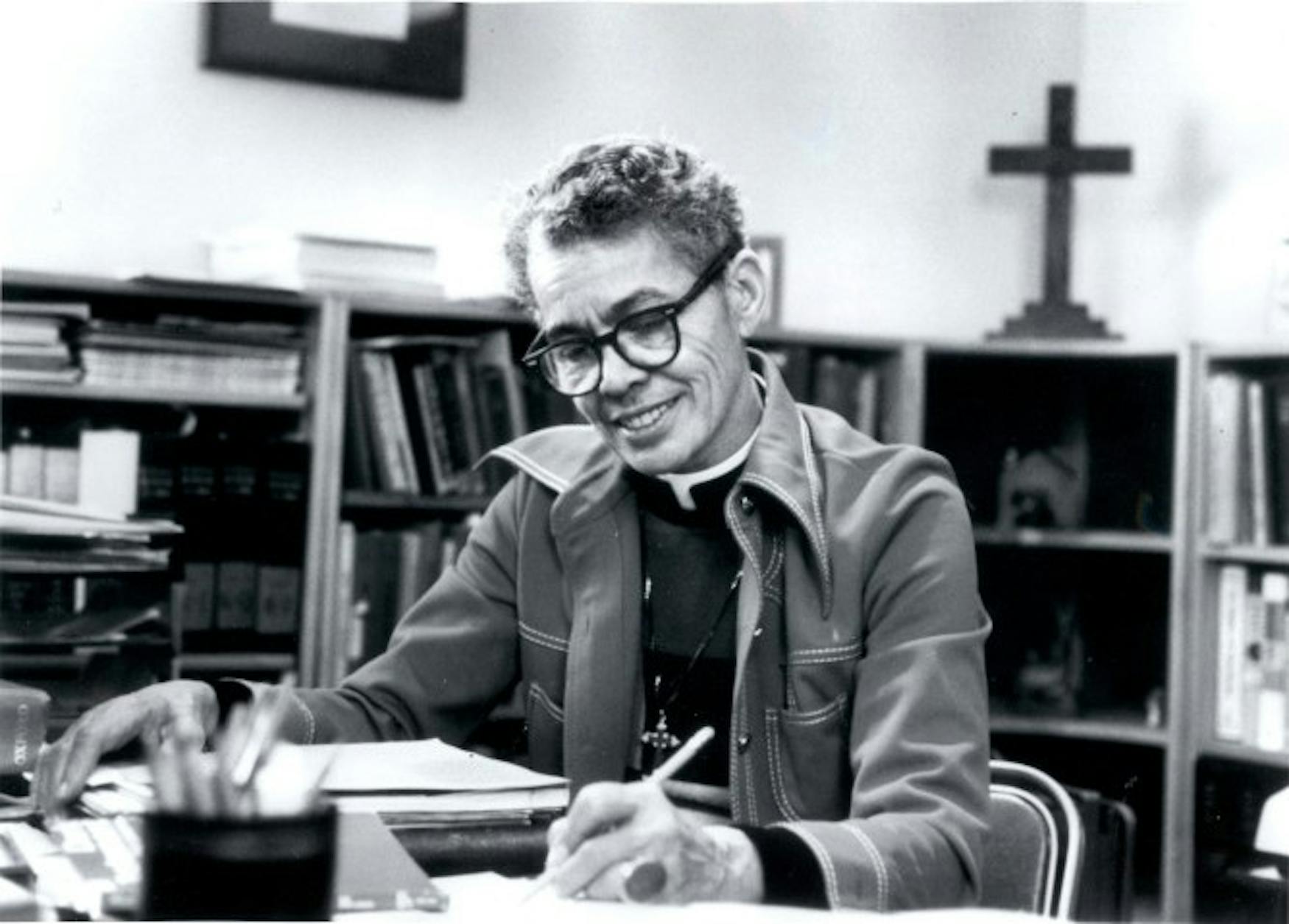‘My name is Pauli Murray’ The significance of amplifying Black voices
On Monday, Feb. 28, the Journalism program screened the documentary, “My Name is Pauli Murray,” and hosted a conversation with one of the directors, Betsy West, on March 7. Pauli Murray’s legacy is widely considered to be unknown and unrecognized, despite the long lasting impact they’ve had on the education and judicial system.
Pauli Murray, born in 1910, was a Black, queer, gender nonconforming lawyer, civil rights activist, feminist, poet, and priest. They were the first African American student to receive a doctorate from Yale Law School. Murray refused to sit at the back of the bus 15 years before Rosa Parks captured the nation’s attention and sparked the Montgomery bus boycotts. During the 1950s, Murray published a book, “States’ Laws on Race and Color,” which provided groundbreaking and intensive research about local ordinances that maintained segregation and Jim Crow laws. Thurgood Marshall, the chief counsel of the NAACP, referred to it as the “bible” of the civil rights movement.
Murray argued that the equal protection clause cited in the 14th Amendment should guarantee not only racial but gender equality. After being appointed by President John F. Kennedy to serve on the Presidential Commission on the Status of Women, they co-founded the National Organization for Women. The organization utilizes a multi-strategy approach to address its six core issues — reproductive rights and justice, ending violence against women, economic justice, LGBTQ+ rights, racial justice, and constitutional equality for women. Ruth Bader Ginsburg, who was interviewed in the documentary, cited Murray in relation to her Supreme Court opinions and named them as a co-author of a brief for Reed v. Reed (1971). Murray’s fight for gender and racial justice ultimately secured protections against gender based discrimination for women in the 1970’s and, in a historic Supreme Court ruling in 2020, ensured that LGBTQ+ people could be free from discrimination and harassment in the workplace.
Murray was hired as a Brandeis professor, where they taught from 1968 to 1973. Within two years on campus, they successfully helped transition the American Civilization program into the American Studies program which still exists today. They also created the first legal studies, African American studies, and women’s studies courses at the University. However, despite their groundbreaking research and literature, Murray was initially denied tenure, on the basis that their published writing did not meet the University’s Standard. Thankfully, they appealed and won tenure with support from their mentor Lawrence Fuch.
The board calls on Brandeis to continue facilitating conversations about Black and POC work at the University that often goes unrecognized. Pauli Murray’s crucial contributions, that have secured the protections of many, have almost been erased from our historical narrative. Many Black and POC faculty at Brandeis are putting forth valuable research which should be uplifted and celebrated before they leave this earth.
—Editor’s note: Justice Editor Jen Crystal ’23 is an Undergraduate Departmental Representative for the Journalism program. Justice Editor Gilda Geist ’22 is an Office Assistant for the Journalism Program. Neither contributed to or edited this piece.



Please note All comments are eligible for publication in The Justice.